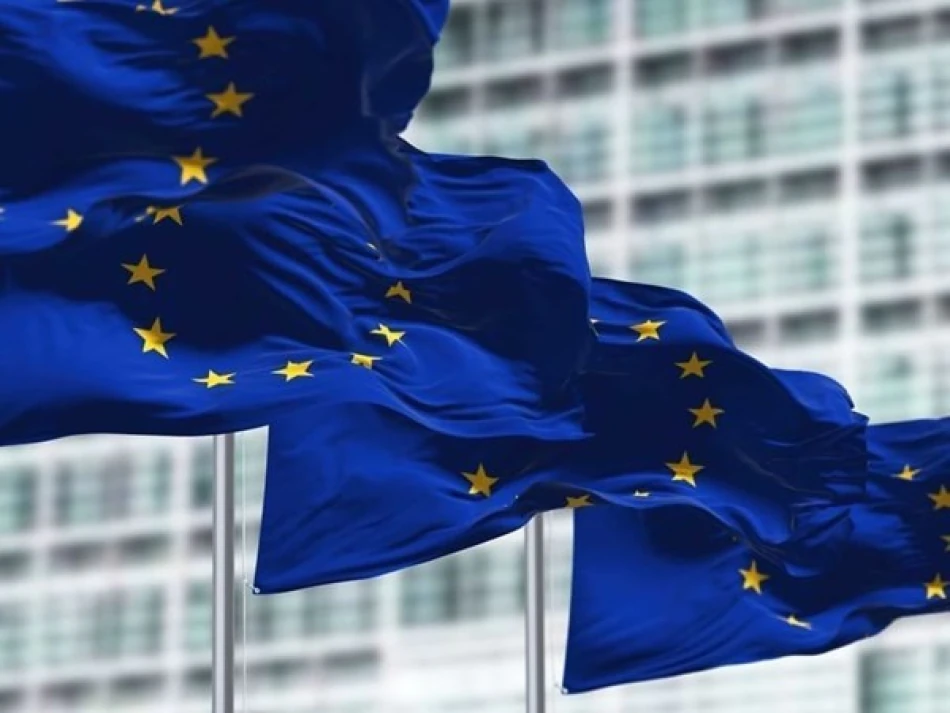
Europe Adopts New Border Carbon Adjustment Mechanism to Tackle Climate Change
The European Council approved new rules today to simplify its carbon border adjustment mechanism (CBAM), making it easier for companies to comply while keeping climate goals intact. The changes cut red tape for businesses, especially smaller ones, without weakening environmental standards.
The carbon border mechanism puts a price on imports from countries with weaker climate policies. It's designed to protect European companies from unfair competition and prevent carbon leakage - where production just shifts to places with looser rules.
Marie Pierre, Denmark's European Affairs Minister, said the green transition needs to work for businesses too. "We're making life easier for European companies while keeping our climate ambitions," she explained. Denmark currently holds the EU's rotating presidency.
Here's what changes: Instead of exempting imports based on their value, the new rules use quantity thresholds. Companies importing less than 50 tons per year per importer get a pass. This mainly helps small businesses and individuals who bring in limited amounts.
The system will still cover about 99% of carbon emissions from imported goods. That means the climate impact stays strong while cutting bureaucracy for smaller players.
The timing matters for markets. The rules include provisions to avoid disruptions when the full system kicks in at the start of 2026. Companies can import covered goods under certain conditions while they complete their registration process.
Other simplifications include easier licensing procedures, streamlined data collection, and clearer rules for calculating and verifying emissions. The changes also update financial responsibility mechanisms and penalty rules, plus new guidelines for customs intermediaries.
For businesses, this means less paperwork and lower compliance costs. For climate policy, it shows the EU can adjust its approach without backing down from its goals. The carbon border mechanism remains one of the world's most ambitious climate trade policies, but now it's more practical to implement.
Most Viewed News

 Layla Al Mansoori
Layla Al Mansoori






